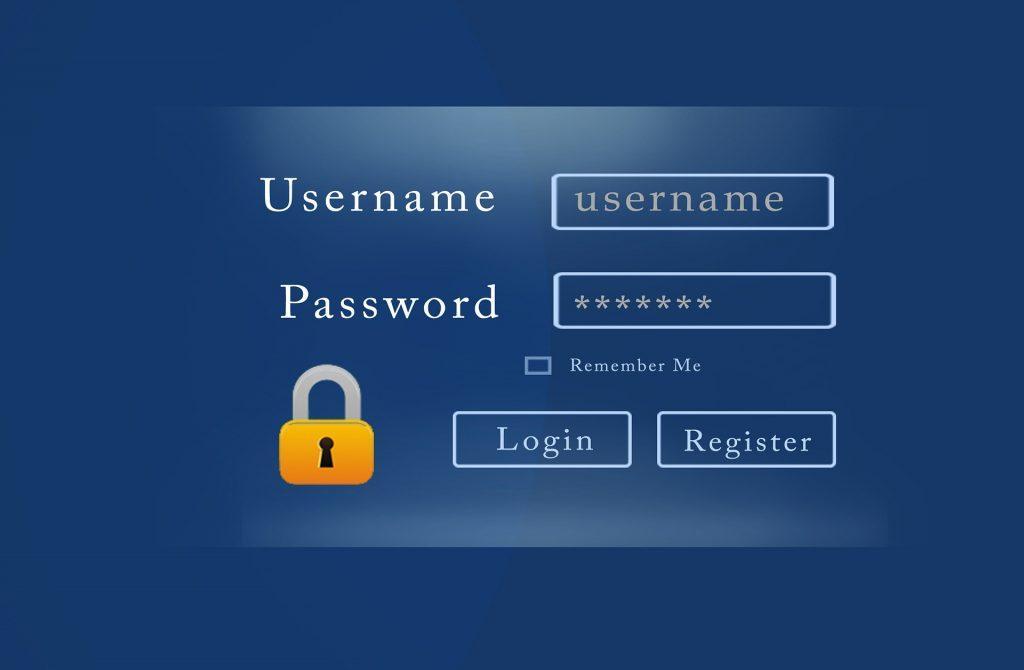Password protection simplified: Avoid a security breach

Recent security breaches have exposed data and records of millions of users. Businesses, for obvious reasons, have been on the receiving end. In most cases, it’s related to lack of adequate cybersecurity measures. There is no denying of the fact that compliance is, in fact, a big reason to understand and spend on cybersecurity, but the relevance of the subject and all aspects related to it extend beyond compliance. Businesses have to be address various looming concerns, so as to avoid a security breach, which can have serious consequences.
The case of weak passwords
It doesn’t take long for an experienced hacker to hack weak or default passwords. Often, hackers are looking for opportunities, which exist within the security perimeters. To avoid such incidents, it is absolutely critical and wise to spend on cybersecurity and have a trained and well-experienced cyber team at work. Also, password protection measures must be a part of the security plan.
What to do for password protection?
- Consider getting your employees trained. Get cybersecurity experts, who will guide you on training your people, so that they know what it takes to protect and save passwords safely.
- Recommend using passphrases. Passphrases are easier to remember but hard to hack, and you can always add complex characters and uppercase & lowercase letters to enhance security further.
- Avoid easy passwords. If someone’s password is their name or birth date, it would be easy to guess. For organizational use, no password should contain information about the concerned business.
- Do not recommend reusing passwords. Unfortunately, once a complex password has been set, employees believe that they can reuse and keep on using it time and again for other accounts, and devices, as well. This is one of the worst password management practices. Also, change all default passwords right after product deployment.
- Suggest a password manager. There are two major benefits of password managers. First, these are low risk tools, and there are also paid ones, which are reliable and easy to use. Secondly, it’s a good replacement to a simple notebook, which can get lost, stolen, or may be accessed by someone unknown.
Final word
There are a few basic dos and don’ts for password management, and it makes sense for a business to promote the same. If you team members don’t work together towards cybersecurity and password protection, cybercriminals will use this as a good way to steal data or cause a breach.








